No one is a Hindu; no one a Muslim. With these radical words Guru Nanak (1469-1539) founded the Sikh religion, calling for the recognition of one God, by whatever name devotees chose to call him, and the rejection of superstition, avarice, meaningless ritual, and social oppression. In his embrace of all religions, Guru Nanak envisioned a loving God that was outside the bounds of any one religion. He upheld the truth of equality among all beings and practiced the quiet heroics of holding up a mirror to foolishness. Meditation and devotion were identified as the work of the private domain and charity, honest work, and service to humanity as the obligation to the social domain. The goal of this catalogue and the exhibition it documents is to bring together and illuminate works of art that identify these core Sikh beliefs in the period of their early development by the ten historical Gurus (16th 17th century). Through them, we are taken behind the external signs that identify Sikhs, who constitute the world’s fifth largest organized religion, to its founding principles. The works of art, from the sixteenth through the nineteenth century, include paintings, drawings, textiles, and metalwork. They are drawn from museum collections in India and the United States and private collections in Canada, the United Kingdom, and the United States. The essay and object texts by B.N. Goswamy and Caron Smith provide keen insight into early Sikh devotion and examine the works of art in the context of the North Indian cultural mix in which they were created.
I See No Stranger: Early Sikh Art and Devotion
$125.10
$139.00
In stock
Free & Quick Delivery Worldwide
All orders amounting to US$ 50 or more qualify for Free Delivery Worldwide. For orders less than US$ 50, we offer Standard Delivery at $14 per book.
ABOUT THE AUTHOR B.N. Goswamy
B.N. Goswamy, distinguished art historian, was till recently Professor of Art History at the Punjab University, Chandigarh. A leading authority in the field of Indian painting, his work has been of seminal importance both to the studies of Pahari painting and painting in the Punjab. Among the most significant of his published works are: Pahari Painting, The Family as the Basis of Style (Marg, 1968); Pahari Paintings of the Nala Damayanti Theme (Delhi, 1975); Essence of Indian Art (San Francisco, 1986); Wonders of a Golden Age (Zurich, 1987); Pahari Masters: Court Painters of Northern India (Zurich, 1992); Indian Costumes in the collection of the Calico Museum of Textiles (Ahmedabad, 1993); and Nainsukh of Guler: A great Indian painter from a small Hill State (Zurich, 1997). His most recent work, Painted Visions: The Goenka Collection of Indian Painting, was published by the Lalit Kala Akademi earlier this year. Professor Goswamy has been visiting Professor at the Universities of Heidelberg, Zurich, Pennsylvania, California at Berkeley, California at Los Angeles, and Texas at Austin, and has lectured extensively both in Europe and the U.S., and in India. He has also been responsible for major exhibitions of Indian art in Paris, San Francisco and Zurich.
ABOUT THE AUTHOR Caron Smith
Caron Smith received a degree in philosophy from Smith College, Northampton, Massachusetts, and Ph.D. in Chinese Art and Archaeology from the NYU Institute of Fine Arts. She has worked at the Metropolitan Museum of Art, New York, in the Department of Asian Art and Office of the President; at the Asia Society, New York, as Associate Director of Galleries and Curator of the Mr. and Mrs. John D. Rockefeller 3rd Collection; and at the San Diego Museum of Art, where she was Senior Curator of Asian Art. Currently she is Chief Curator and Deputy Director of the Rubin Museum of Art in New York.
reviews
0 in total
Review by Anonymous
Be the first to review “I See No Stranger: Early Sikh Art and Devotion” Cancel reply
You must be logged in to post a review.
Bibliographic information
Title
I See No Stranger: Early Sikh Art and Devotion
Author
Edition
1st ed.
Publisher
ISBN
8188204773
Length
214p., Figures; Glossary; 29cm.
Subjects
more by B.N. Goswamy see more
Manaku of Guler: The Life and Work of Another Great Indian Painter From a Small Hill State
This work centers upon ...
$180.00
$200.00
Indian Costumes II – Patkas: A Costume Accessory – In the Collection of the Calico Museum of Textiles
Please note that orders ...
$189.00
$210.00
similar bookssee more
Excavations at Sisupalgarh, Orissa
$74.70
$83.00

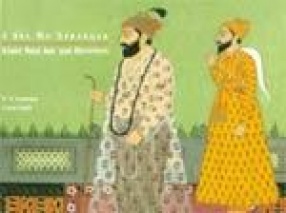
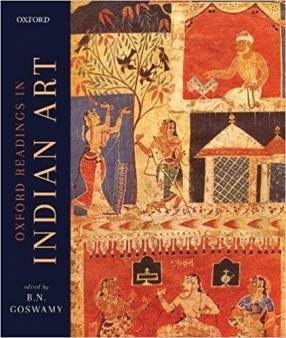
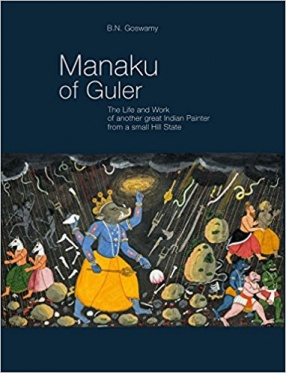
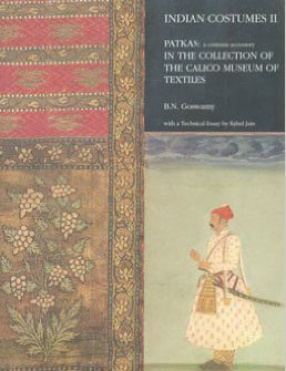
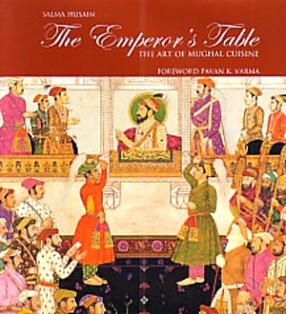
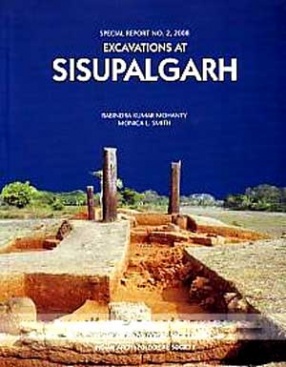
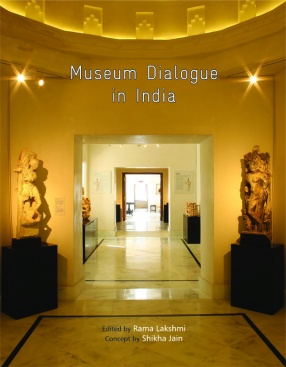
There are no reviews yet.